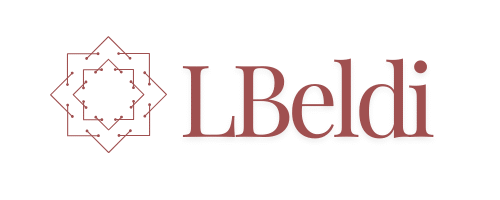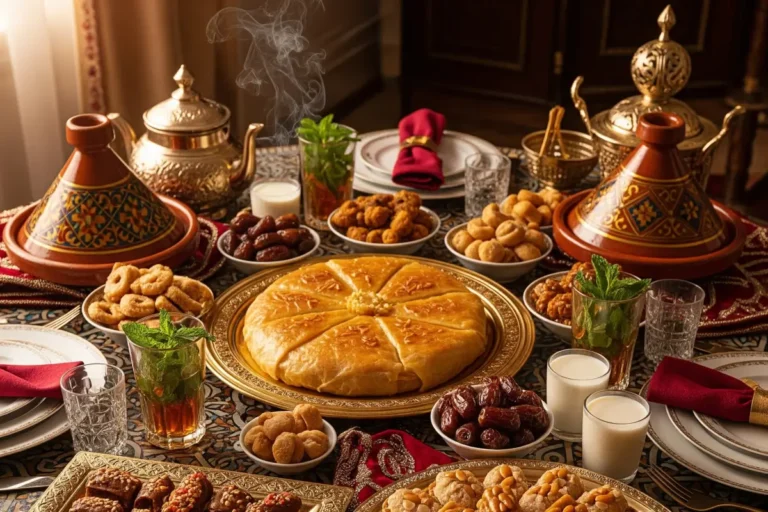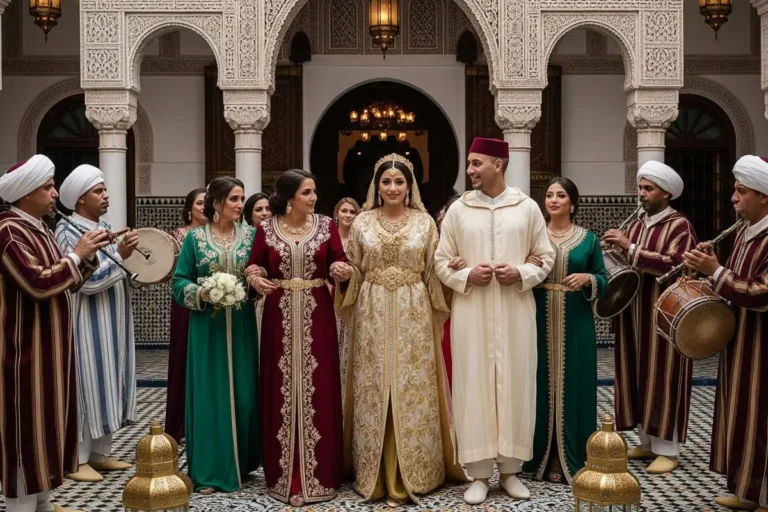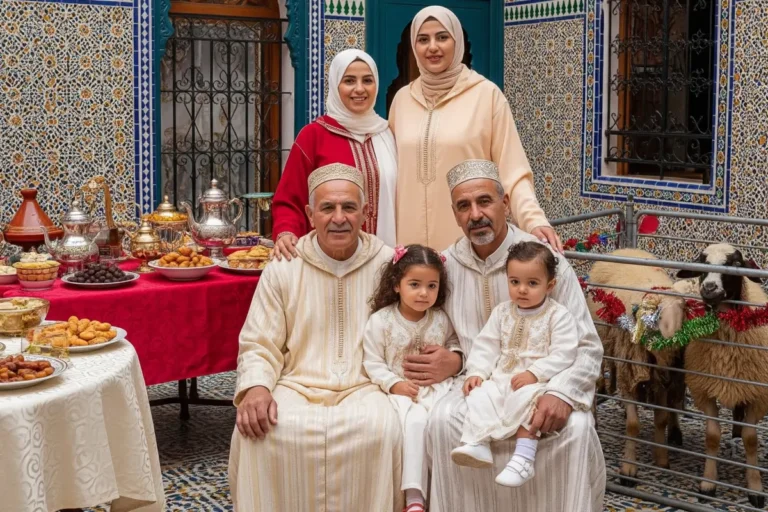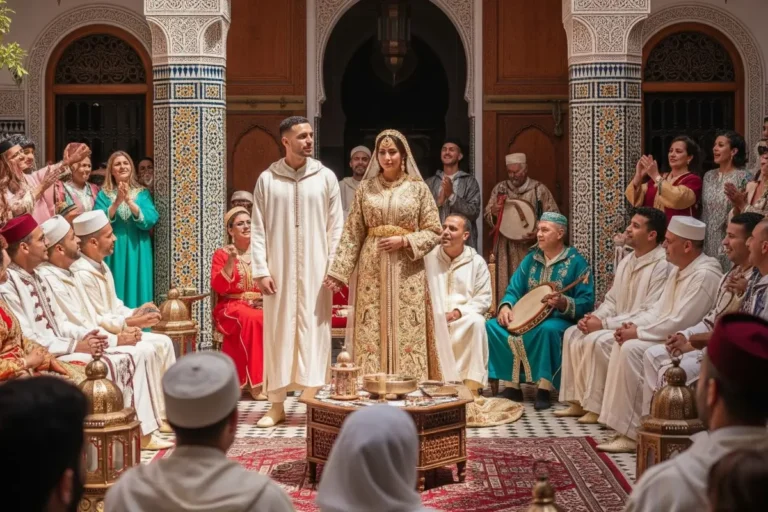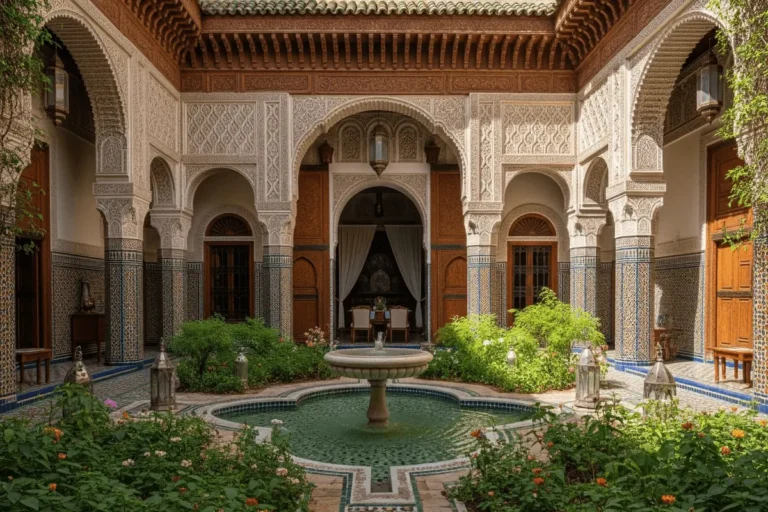What Does ‘Lbeldi’ Mean? 3 Authentic Moroccan Roots of a Cultural Icon
If you’ve ever wandered through a bustling Moroccan souk, tasted a homemade tagine, or admired the detailed handwoven carpets of the High Atlas, chances are you’ve come across the word “Lbeldi”.
But what does “Lbeldi” actually mean?
Table of Contents
A Word That Means “Authentically Moroccan”
In Moroccan Arabic (Darija), “Lbeldi” (البلدي) simply translates to “traditional” or “authentic”. It refers to anything that is native, homegrown, handmade, or deeply rooted in Moroccan culture. Unlike mass-produced or imported goods, Lbeldi products are infused with history, craftsmanship, and pride.
The word can be used to describe a range of things—from food and clothing to furniture and architecture. To Moroccans, it signals something that’s real, made with intention, and connected to generations of cultural knowledge. When someone says “hada lbeldi,” they’re pointing to something that carries the soul of the land, made not just to sell, but to honor tradition.
Examples of “Lbeldi” in Moroccan Life
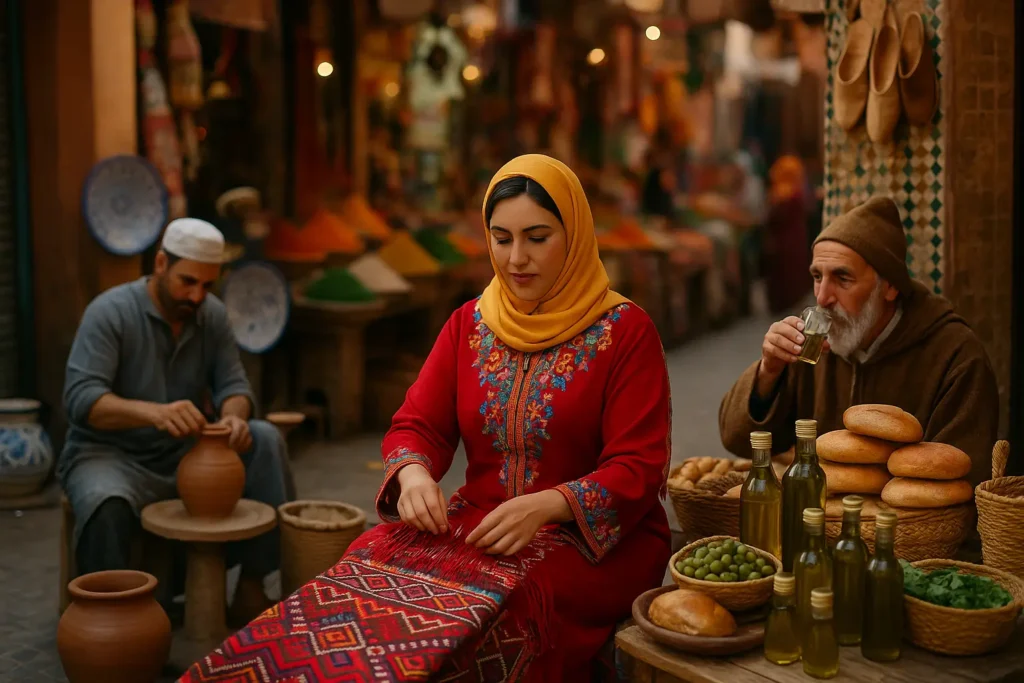
Let’s explore some areas of Moroccan life where the term “Lbeldi” is not just common—it’s celebrated.
1. Lbeldi Food
Moroccan cuisine is known worldwide for its flavor, variety, and richness. But when something is described as “Lbeldi” food, it has an added layer of meaning—it’s food that carries the memory of generations.
Lbeldi food is typically:
- Made at home or in small, family-run kitchens
- Prepared using traditional techniques (like clay tagines, wood-fired ovens, or hand-grinding)
- Free from artificial ingredients, using natural local products
Some iconic examples include:
- Khobz Lbeldi – Thick, round loaves of bread baked in clay ovens, often shared warm at breakfast with olive oil or honey.
- Zit Lbeldi – Unfiltered olive oil, pressed the old way, often golden and thick with intense flavor.
- Jben Lbeldi – Soft white cheese, usually made in the mountains, wrapped in palm leaves, and lightly salted.
Each bite of Lbeldi food tells a story—of family gatherings, seasonal harvests, and age-old recipes passed down by word of mouth.
2. Lbeldi Fashion
Fashion in Morocco has always been about more than just trends. Lbeldi fashion celebrates centuries of design heritage, passed from generation to generation. These garments take time, skill, and often weeks to complete.
Examples include:
- Hand-embroidered caftans using gold thread and velvet, worn for weddings and celebrations.
- Djellabas made from pure wool, dyed with natural pigments, and tailored by hand.
- Babouches (leather slippers) tanned with organic materials and stitched by artisans in cities like Fès and Marrakech.
Lbeldi clothing is not just functional—it’s symbolic. It represents the wearer’s connection to heritage and community. Whether worn daily or on special occasions, each item speaks volumes about Moroccan identity.
3. Lbeldi Crafts
Craftsmanship is one of the richest expressions of the Lbeldi spirit. It’s found in the hands of potters, weavers, blacksmiths, and carpenters who create beauty from simple materials like wool, clay, and wood.
Some examples include:
- Handwoven carpets made by Amazigh women using patterns that carry meaning and memory.
- Ceramics from Safi or Fès, painted in vivid blues and greens.
- Lanterns and trays hammered from brass, each detail added by hand over hours of work.
These pieces are never exactly alike—because they’re not produced in factories. They’re made in homes, workshops, and community cooperatives, each one a reflection of human touch and intention.
Why “Lbeldi” Matters Today
In a fast-paced, globalized world, the Lbeldi lifestyle offers a counterbalance. It’s a celebration of the slow, the careful, and the deeply meaningful. Choosing Lbeldi is a way of:
- Supporting local farmers, tailors, and artisans
- Preserving centuries of Moroccan traditions
- Connecting with materials, processes, and products that tell stories
More people—both in Morocco and abroad—are waking up to the value of authenticity. Lbeldi is not a luxury; it’s a way of honoring culture in daily life.
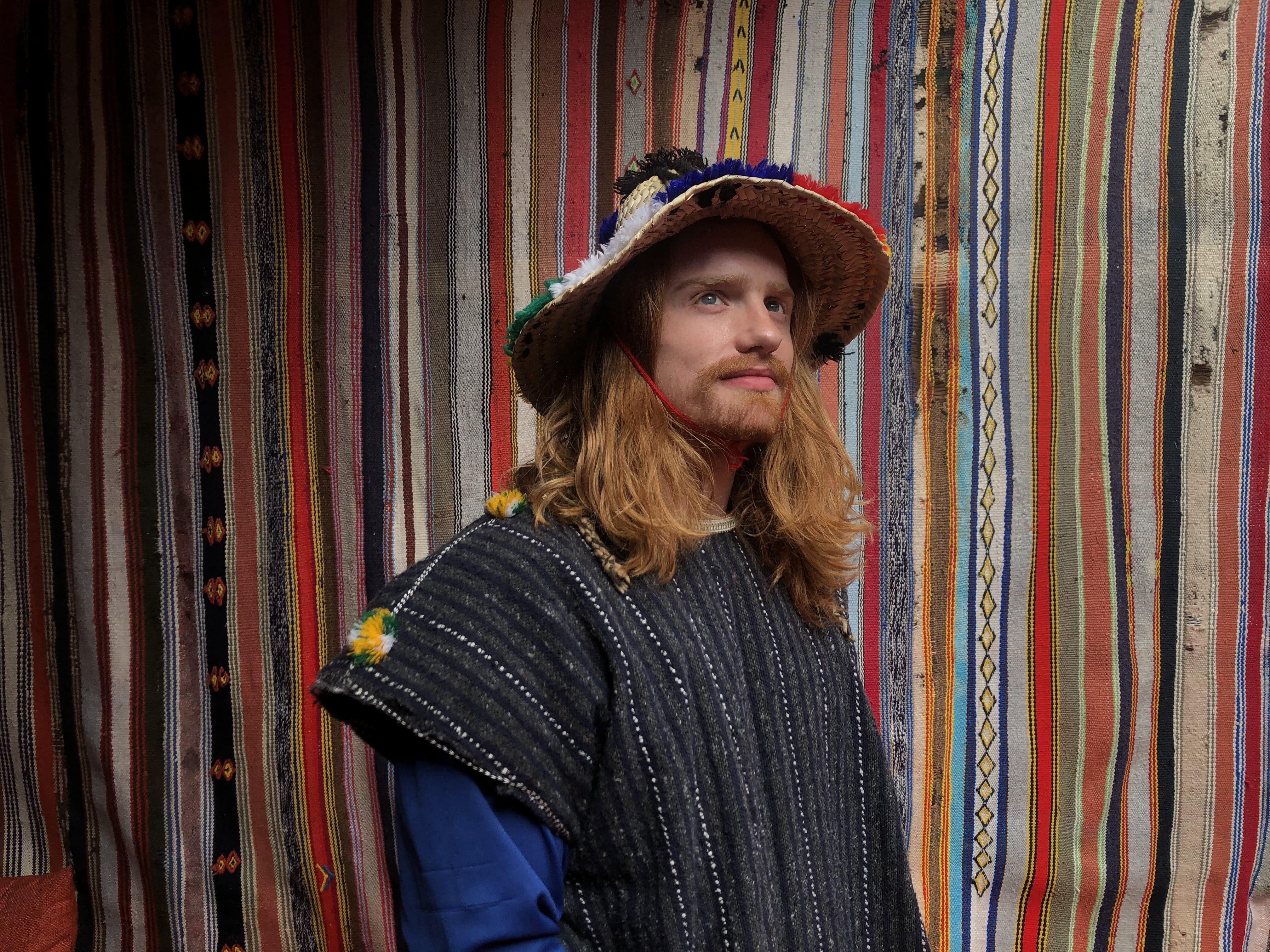
By TENNESSEEKID7 – Own work, CC BY-SA 4.0, Link
The Soul of Morocco
Whether you’re sipping mint tea under a carved cedar ceiling, walking through a village where women still weave rugs on wooden looms, or sharing couscous on a Friday afternoon, remember this: when something is Lbeldi, it’s not just Moroccan—it’s the soul of Morocco.
It reflects patience, passion, and a deep sense of identity. It tells you not just where something comes from, but who made it, and why.
Want More Lbeldi?
Stay tuned to Lbeldi.com, your window into the rich traditions of Morocco. From authentic recipes and artisan profiles to deep dives into Moroccan fashion and décor, we’re here to keep the Lbeldi spirit alive.
Subscribe to our newsletter to get weekly stories and tips—and support the people who make Morocco truly shine.
Did you find this article helpful?
Rate it now and help us deliver better content:
There are no reviews yet. Be the first to share your feedback!
